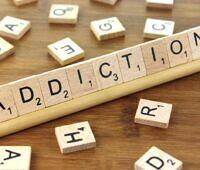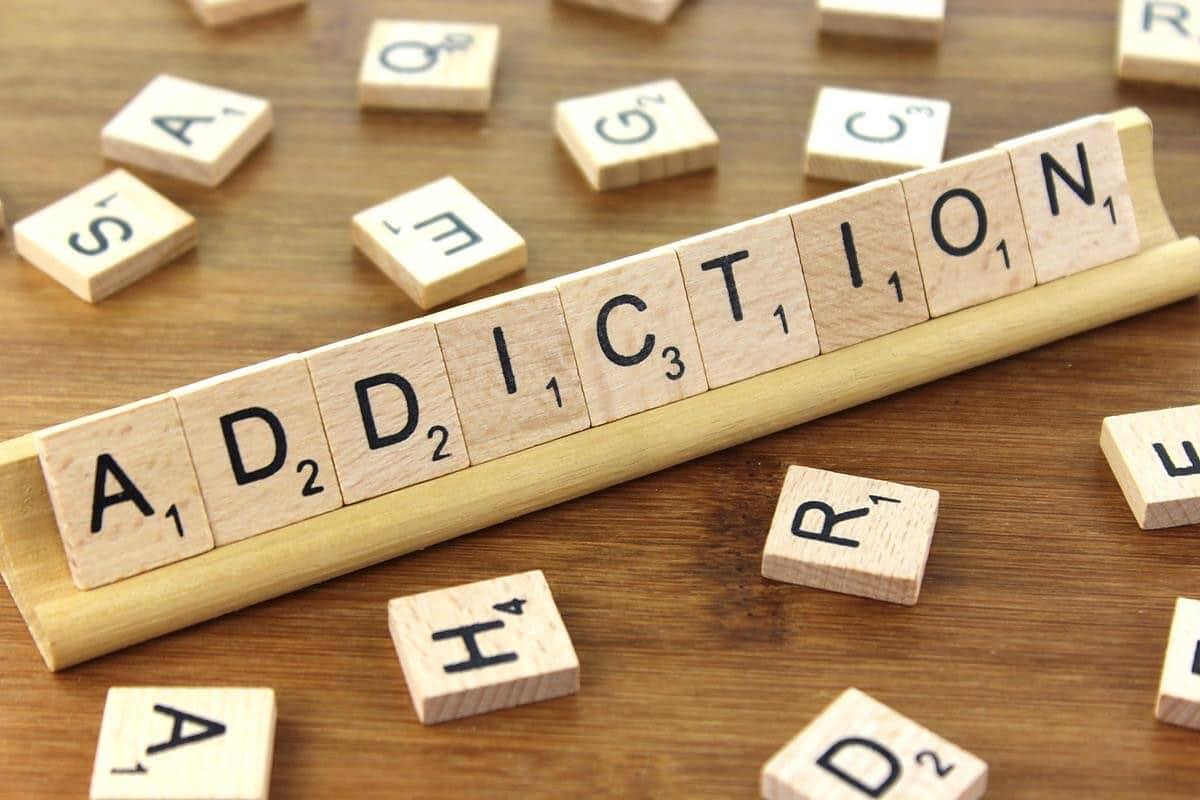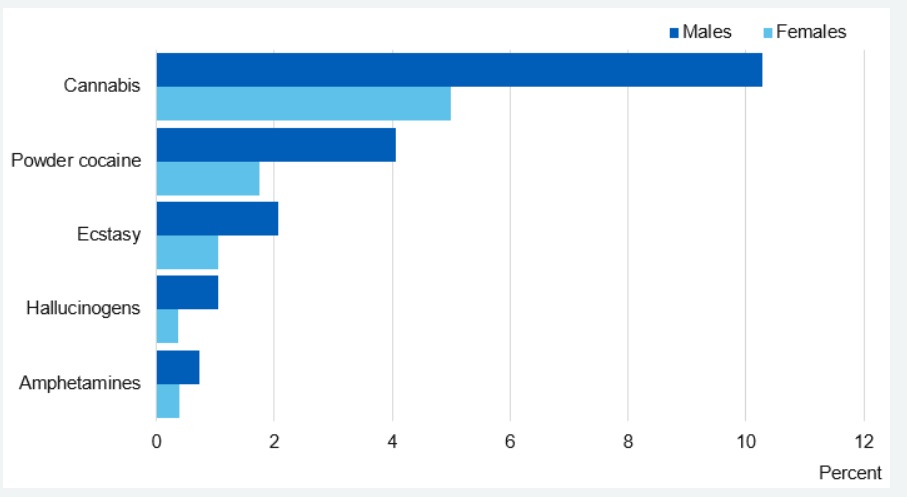
Addiction

There are many different opinions regarding the cause of addiction, among scholars, doctors, psychiatrists and psychologists, all lining up on different sides. Some say you’re genetically predisposed. Some say it’s your environment. Some say it’s your personality. Some say it’s the substance itself – that the alcohol, drugs or gambling were too tempting.
Yes, there are different causes; and yes, some people can be more genetically predisposed. And yes, the environment is an issue. But at the end of the day, we have someone who is addicted.
What’s the definition of addiction?
Here’s the dictionary definition of addiction. “Addiction is the state of being bound to a habit or practice, or to something that is psychologically or physically habit-forming, such as drugs, to such an extent that stopping causes severe trauma.”
The science of drug addiction
We do have some good science on the physical aspects of addiction. We know that addiction is a chronic disease of the brain addiction reward function, brain motivation, memory, and related circuitry. When something goes wrong in these circuits, it affects every part of us – biological, physiological, social, and spiritual.
Our brain is wired a specific way, but we know that drug addiction, this chronic disease, can actually rewire the circuitry in our mind, our thinking, and sending thoughts that drive our actions down the wrong pathways. When that happens, we have social, psychological, spiritual and biological manifestations, none of which are good. We know that addiction is progressive without treatment or engagement in recovery activities and can ultimately result in disability or premature death.
One thing that happens when addiction begins to rewire the brain is we lose the ability to evaluate the pros and cons of our behaviour rightly. We can’t correctly assess what costs and benefits are.
Addictive behaviours
The normal mind thinks, “Why can’t you feel good just because of the fact you’re alive, you’re loved, you have a good life, you materially have the things you need?” But as an addict, those things don’t make them feel good. They should, but they don’t.
So instead, they decide that they will do all these other things that they think will make them feel good. Of course, none of them ultimately do. They may make them feel good for an hour, a day, a week, six months; and then, of course, they dramatically ruin their lives when they realize that the addiction has overtaken them – which increases their feelings of low self-esteem, self-worth, and confidence that caused all this to begin with. This is the reason they call it a deadly spiral.
Drug abuse and statistics
Drug abuse is everywhere! Statistics show that in England and Wales, approximately 1 in 25 (3.7%) adults aged 16 to 59 had taken a Class A drug in 2019. That number goes up significantly for 16 to 24-year-olds to around 1 in 5 (20.3%) had used a drug in 2019. This is particularly worrying for teenage drug abuse most of those, if left untreated, will never live up to their potential as people… a tragic shame.
The most typical drug types are shown below:

Source: NHS digital
Fortunately, therapy and/or counselling can help an addict recognize and bring to the surface what the specific issues are in their lives. Once an addict can recognize them, he can deal with them.
Addicts need to examine the circumstances and desires that drive them toward addiction.
For example :
- What’s the place of addiction in their life?
- When do you resort to their addiction?
- What happens before they used drugs?
- How do they feel right before turning to it?
- What do they experience when they resort to it?
- What do they experience as a result of it?
- What results come from their addictive behaviour on a long term or short-term basis?
- Why do they turn back to their addiction?
Where can I get help for drug addiction?
In a 30-day rehabilitation programme, therapy or counselling, intensive outpatient programs, long-term rehab programmes, an addict can find help with these things.
Detox Plus UK’s goal is to ensure that people do not suffer from addiction and give them the tools, information, and guidance necessary to take immediate steps to overcome any addiction issue, including alcohol, drugs, gambling, the list goes on.
We give guidance to parents and family members of addicts, so they can understand why the addict thinks and behaves as she/he does, and more importantly, what they themselves need to do for their own sanity and well-being and how to help their addicted loved one.
In any situation, always feel free to contact Detox Plus UK, as we are always available to offer advice, guidance and support.

